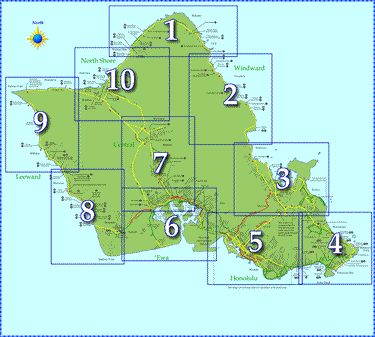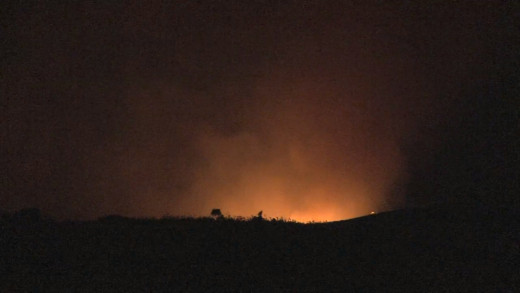


The political weakness of entitlement (lack of consciousness) have been overstated – as with young feminists – and its potential for change has been neglected Perhaps we need those bridging people on the side of privilege willing to connect the gay and straight worlds- in order to get more done It takes someone who has known relative freedom, who expects it and loves it, to help ignite social change Visibility īisexual politics also involves the arguments surrounding how visible a minority of bisexuals are in society, and how this interacts bisexual activism.

This is the political value of what is called, negatively, entitlement. The term entitlement here refers specifically to the belief that a bisexual can be and are viewed as straight in some public spheres and thus enjoy the benefits of equality that come along with "assumed heterosexuality." Baumgardner recognizes this view and writes:īisexuality contains the liberating potential of aligning with a disparaged (gay and lesbian) group but not being relegated – at least not full-time – to the ghetto. Entitlement Īmong some critics, a belief is held that bisexual politics is important to equal rights on the basis of entitlement. Out of this debate, a variety of identity terms have expanded to include the many ideas surrounding this complex issue of identity and sexuality including, pansexuality ( omnisexuality), polysexuality, and just "being sexual". This can be a weak position politically – how can we organize people around gay rights if we don't identify, and can't be identified by others, as gay? The thing about being bisexual is that you don't really have to be out in the same ways. However, the author recognizes that there are also political limitations to identifying as bisexual, saying that: It is feminist to understand bisexuality as its own identity too, because it's a chapter of women's history that has been repressed and misunderstood, and one that has contributed substantially to current ideas about queerness One debate is whether or not it is valuable to establish bisexuality as a sexual identity. The problem of identity centers upon whether bisexuals build an identity around their bisexuality, what being a bisexual means socially, and how it relates to other identities such as feminism. Thus, bisexual politics involve, among other issues, the debate over inclusion in both gay and straight movements and cultures. Whether we threaten by introducing a third category or by undermining the notion of categories altogether, we cause enough discomfort that many people deny our existence. We challenge many people's personal sense of what constitutes sexual identity. These concerns are recognized by Lisa Orlando, author of Loving whom we choose, who writes: As sociologist Amanda Udis-Kessler, puts it, "We are not fence-sitters. Writers on bisexuality recognize this danger, however. Rather than fence sitters, bisexuals are at further risk for marginalization because they can be ostracized by both straight and gay communities. There is an underlying fear that including bisexuals as members in gay rights movements may hurt the movement, either because it is believed that bisexuals "enjoy heterosexual privilege", that they had less to lose than lesbian women or gay men, or because their presence lessens the solidarity among gay and lesbian groups in some way. the lesbian and gay community abounds with negative images of bisexuals as fence-sitters, traitors, cop-outs, closet cases, people whose primary goal in life is to retain 'heterosexual privilege'. New York University School of Law professor Kenji Yoshino says:


 0 kommentar(er)
0 kommentar(er)
